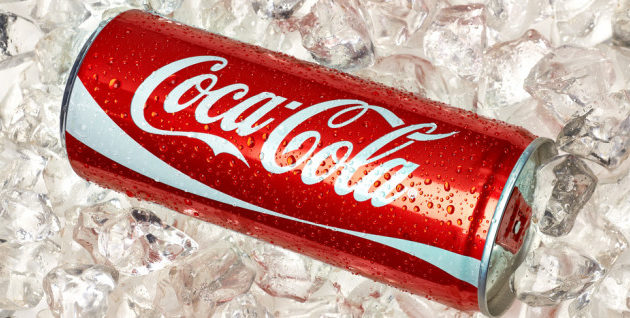Do Corporations Run the Market? Do companies control consumers?
One this day in 1985, the Coca-Cola Company introduced “New Coke” to replace its flagship soft drink Coca-Cola. Their executives were so sure that they knew what consumers wanted, they pulled the old formula from the shelves entirely.
The new product — or, rather, the new product combined with the loss of the old familiar one — generated so much negative response that the company put “Classic Coke” back on the market less than 3 months later.
As Vox notes, however, the company hadn’t been stupid or reckless. Coke had been losing market share to the sweeter-tasting Pepsi for years, and they needed to shake things up.
They conducted countless hours of consumer research, performing over 200,000 blind taste tests between Classic Coke, New Coke, and Pepsi — and New Coke swept the field.
Moreover, in their judgment, Coke had to be replaced with a better product — the company couldn’t simply add an additional flavor:
It didn’t have a choice — Coke needed to retain market share for a single drink.
Fountain sales made up a formidable two-thirds of Coke’s market. . . . Many of the contracts depended on Coke being the top-ranked cola. And if market share for Coca-Cola fell, the company might lose even more ground to Pepsi. If Coke had planned to run New Coke and original Coke side by side, it would have risked splitting its market share and alienating valuable fountain clients.
The smartest guys in the room all knew what the market needed. They pulled the trigger on New Coke, lost millions of dollars, and became a punchline for decades.
A line from Ludwig von Mises’s Human Action is informative: “The entrepreneur in his entrepreneurial capacity is always subject to the full supremacy of the consumers.”
In Bureaucracy, Mises elaborated:
The capitalists … are instrumental in the conduct of economic affairs. They are at the helm and steer the ship. But they are not free to shape its course. They are not supreme, they are steersmen only, bound to obey unconditionally the captain’s orders. The captain is the consumer. . . .
The real bosses are the consumers. They, by their buying and by their abstention from buying, decide who should own the capital and run the plants. They determine what should be produced and in what quantity and quality.
It was a lesson that Coke learned the hard way. In free markets, even the biggest, most entrenched corporations must follow the orders of the consumers. Icebergs await those who flout their preferences.
Anything Peaceful is FEE’s new online ideas marketplace, hosting original and aggregate content from across the Web.


